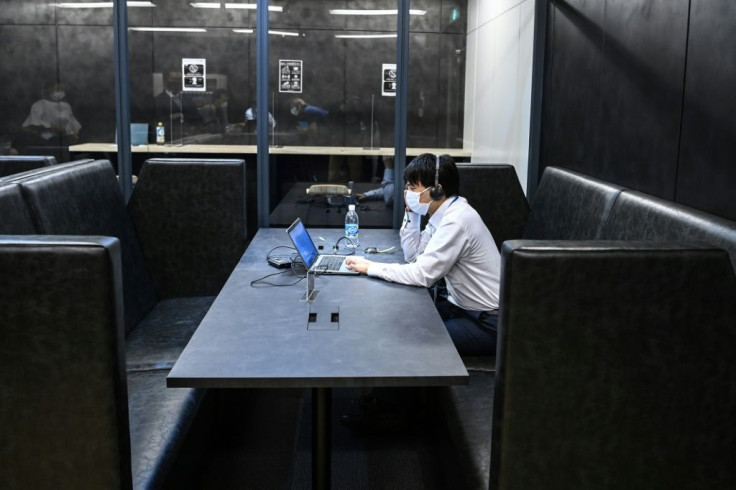One In Five Workers Say They Plan To Switch Jobs By Next Year

The Great Resignation has become a subject of much discussion amid a national labor shortage in the United States and how this contributes to bloating inflation. Unfortunately, the trend does not appear on track to end soon.
A new survey by the consulting firm PricewaterhouseCoopers released on Tuesday found that one in five employees said they are likely to switch jobs in the next year. What’s more, the trend is strikingly global with respondents to the PwC survey coming from 52,000 workers in 44 countries.
In the U.S., the number of Americans who decided to quit their jobs has steadily risen during the COVID-19 pandemic. According to the Department of Labor, quits increased by 152,000 in March, bringing the total to about 4.5 million and bringing the quit rate to 3.0%.
Determining the causes of the Great Resignation is not easy and the reasons are diverse. In the PwC survey, the firm found that many workers are expressing a desire for higher pay than they are currently receiving from their employer as one key reason.
At the same time, employees’ discontent with their current jobs goes beyond compensation. For example, when asked whether they felt acknowledged by their managers, women were found to be 8% less likely to feel listened to by their managers and members of Generation Z (ages 18-25) rated their satisfaction as much lower with their job than older generations.
This speaks to a wider concern about corporate culture that may have become exasperated in the wake of the pandemic. In April, a study by job search site FlexJobs found that "toxic company culture" was listed as a primary reason for workers leaving their job with 62% saying it was their primary motivation, ahead of compensation and work-life balance.
A toxic workplace is frequently described as dysfunctional and demotivating, nowhere an employee wants to spend a long chunk of their career. It was cited as the primary reason that many who worked from home during the pandemic chose not to return to their former workplace.
The Sloan Review at the Massachusetts Institute of Technology reported in January how both blue- and white-collar occupations were equally likely to suffer from toxic workplace cultures, and that a toxic culture was a 10.4 times more powerful indicator for predicting a company's attrition rate than compensation.






